Story Movie
The 1950s. Somewhere in Mexico, expatriate William Lee spends his days indulging in drunkenness and debauchery. One day, his attention is caught by a young American named Eugene Allerton.
Review 4K Movie
I don't even know what the secret is here, whether it was the stars aligning, or perhaps free association helped, or maybe it was just the right mood... One thing I am sure of is that despite the restrained criticism, despite the fact that Guadagnino's creative success in 2024 was ignored during awards season, last night I watched one of the best films of the past year, and one of the best in the director's career. And this whole situation proves once again that prizes and awards, as well as the opinions of outsiders (especially critics), mean nothing. Only the viewer and the author matter. Although there were intermediaries in this story.
For me, “Queer,” both literary and cinematic, was not the easiest process to learn about. When it comes to literature, the Beat Generation, to which Burroughs belonged, and their work always escaped my attention. I never immersed myself in it completely. Their protest always seemed a little contrived, a little “out of boredom” and out of contentment with a comfortable life. Burroughs' biography seems to confirm this opinion, but Guadagnino managed to do what few can do — he knocked me off my high horse and broke down my prejudices (not only towards Burroughs, but also towards Guadagnino's own work), and most interestingly, he did it very gently and kindly. Almost like Eugene Allerton with William Lee.
Of course, before watching the film, I read Burroughs' Queer. 119 pages – and I am completely devastated. I understand that Burroughs is so messed up that he not only messes up everyone around him, but also passes this messiness on to future readers, with love. But that's the poetry. In terms of the structure of the text, the prologue plays an important role, from which I casually understand (the internet will fill in the gaps) that Queer is a very personal story, and in general it is something like the confession of a sinner, not even a drug addict, but a murderer. At one of the parties, Burroughs decided to “play William Tell” with his wife Joan Wallmer, but missed. Accident or intentional murder? As Burroughs himself admits in Queer, this tragedy prompted him to write. Therefore, for me, Burroughs' Queer is more than a confession; it is a shameless skinning of himself. A drug addict, a murderer, a homosexual (a potent cocktail) who craves only one thing: attention, knowledge that the universe does not care about him. In a word, childishness. Their meeting with Luca Guadagnino, a specialist in enfant terrible, was only a matter of time. Guadagnino's film also needed time to truly meet me.
My first attempt to watch “Queer” a week earlier was unsuccessful. I understand that our rhythms are not in sync, the picture is simply divine, impossible to take your eyes off (more Wes Anderson than Michael Powell, who is mentioned in the interview — from Powell, perhaps, only the pastel tones, mainly pistachio and lilac with splashes of red, but Wes, along with his talisman Jason Schwartzman (hilarious and sad at the same time), brought his special passion for interiors and models to “Quirky.” I think it's no coincidence that the transportation in “Quirky” looks so toy-like. Guadagnino is a talented decorator), but emotionally completely out of sync. I am waiting. I am patient. In the meantime, I am reading Stephen King's Christine, which, by the way, is more drama than horror, and I am simply mesmerized by the subtle observation of what would seem to be a genre author: “Love is evil. Yes, yes. Poets of all times have sometimes deliberately erred on this point. Love is an ancient killer. Love is not blind. Love is a cannibal with extremely sharp eyesight. Love is carnivorous and always hungry. What does it feed on? Friendship.”
When I sit down to watch Guadagnino's “Quir” again, the dialogue from “Christina” comes to mind as a free association. Here it is — the right mood. William Lee is a cannibal, eternally hungry for love, while Eugene Allerton is not, as it may initially seem, indifferent, someone who does not love and only allows himself to be loved. He is the embodiment of a friend, a little detached because independence is important to him, unwilling to be swallowed up by the voracious Lee, but always ready to lend a helping hand. And here it is worth noting the incredibly accurate casting. The way the men are contrasted with each other. Drew is young but emotionally mature, while Daniel is a child worn down by age.
Drew Starkey is not what you would call a model of good looks, capable of instantly winning the heart of an old lecher. More important for the development of the conflict is his manner—taciturn, well-mannered, buttoned up, tied up, but at the same time with a very attentive, observant gaze. The perfect Fincher sociopath. My favorite scene is when Eugene first arrives at Lee's apartment. It's almost like Queen Christina with Greta Garbo, but without the sentimental dialogue. My favorite expression on his face is a slight smile of goodwill combined with a steady gaze. It can't mean anything.
Daniel Craig. The best role of his career. He doesn't act. He lives as William Lee. This is a case where courage is more important than provocation. I don't know what dependencies and personal challenges prompted him to choose this role, but it's impossible not to empathize with this lost wanderer and sufferer. In one of the key scenes, Craig's character literally pours out his heart. But even without this scene, which may be overly dramatic, everything is clear without unnecessary metaphors — in the image of Lee, Craig bares his soul. It's captivating.
What is also captivating is the cohesion of the film crew, which, I hope, will not scatter but will continue to work together. Cinematographer Sayombhu Mukdiprom already has experience working with Guadagnino, as do composers Atticus Ross and Trent Reznor, but screenwriter Justin Kuritzkes is a find both for Luca in 2024 and for cinema in general. He is empirical, with a penchant for detail. He made me angry and laugh along with The Contenders, and in Quir, he brought me to tears. I'll be honest, until the very end, I was skeptical about The Queer — such a text is difficult to adapt, especially with such a personal subtext-prologue. I kept wondering where Kuritzkes would stick it, where he would reveal it, or whether he would forget it altogether. But his decision—the epilogue—turned out to be the only right one. To make the personal understandable to everyone. It's not about reason, but about a feeling, as primitive and familiar as hunger, which cannot be satisfied by anything.
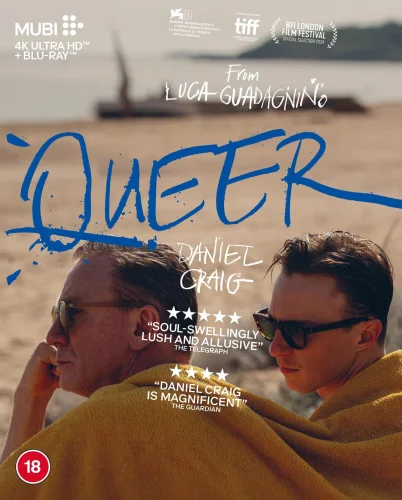


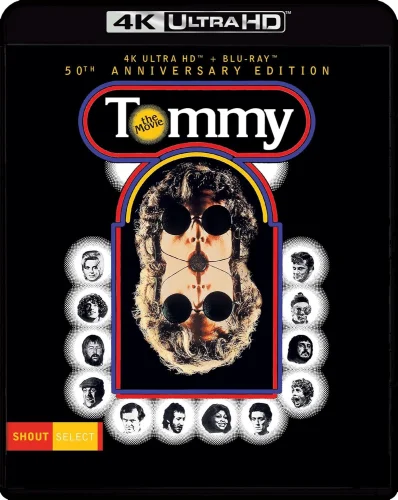
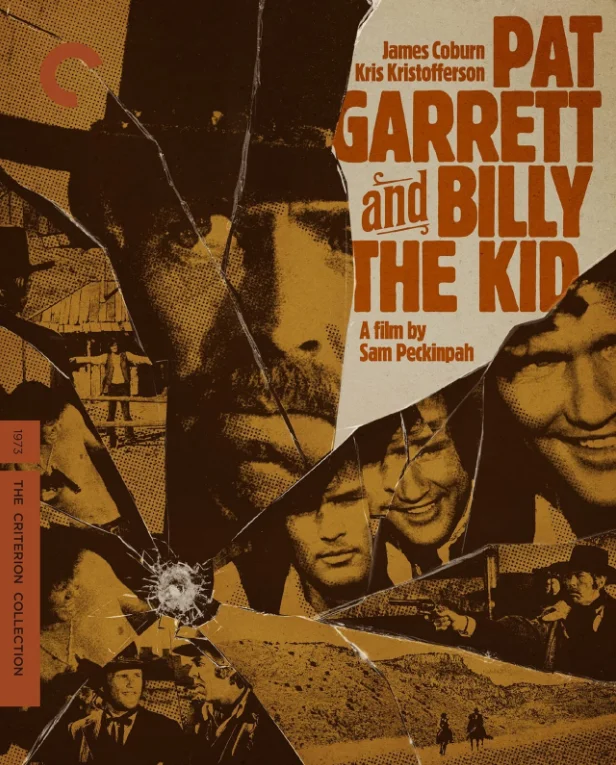
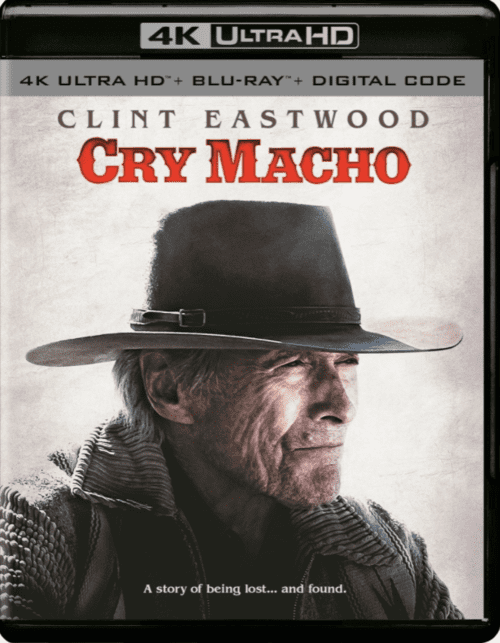 [/full-link]
[/full-link]
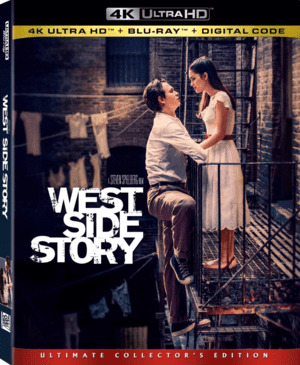 [/full-link]
[/full-link]
